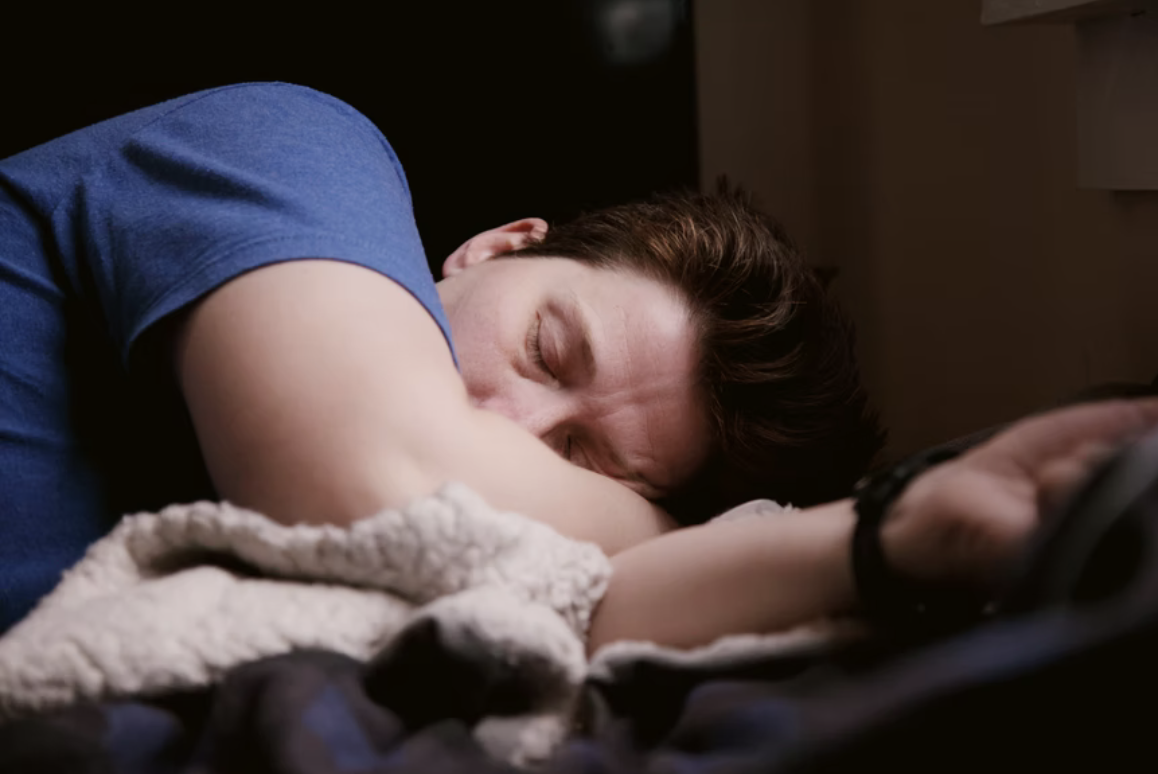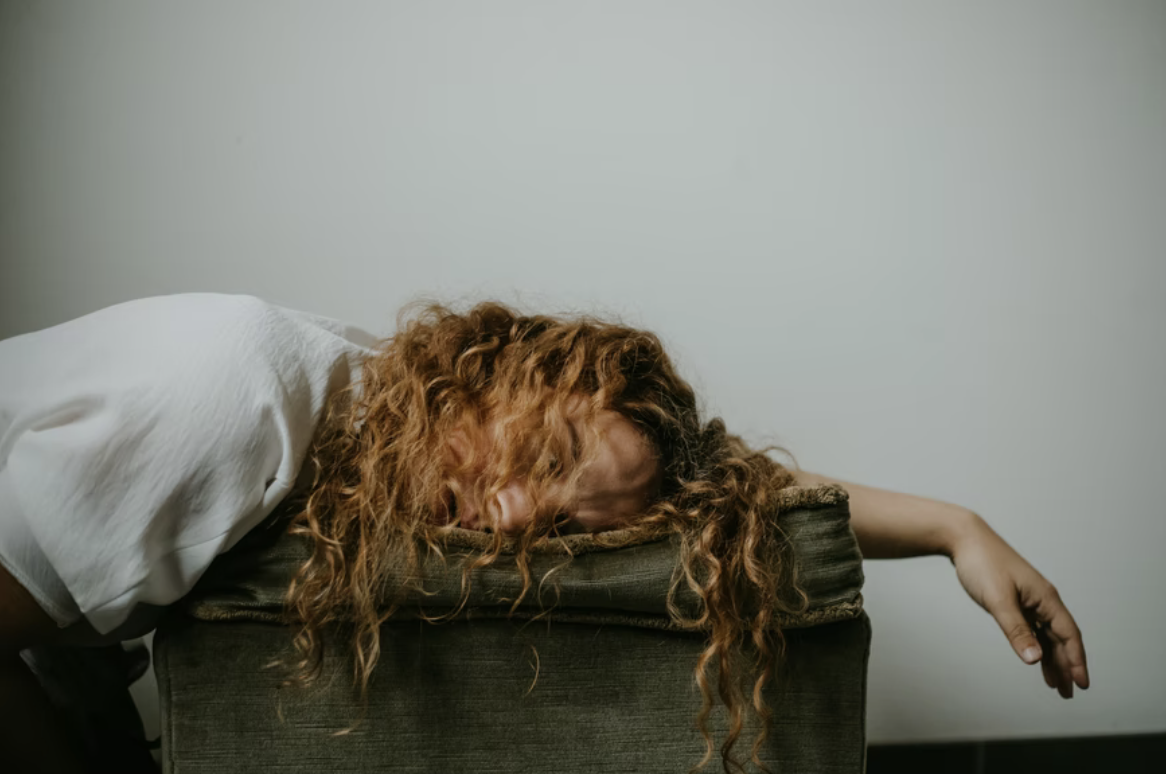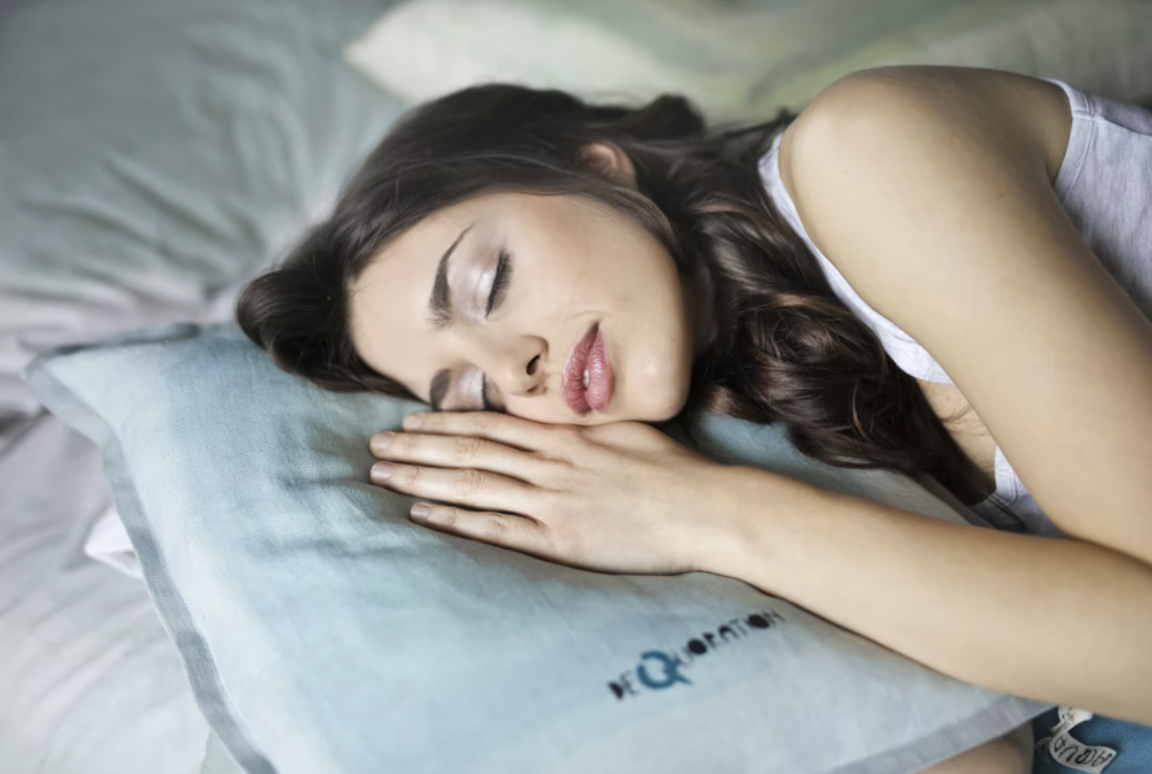8 Sleep hacks that you should know
Getting a good night’s doze can seem unachievable on some nights. Perhaps you’re almost beginning a new job, and you’re already feeling those first-day nerves. If you’re a new parent, you may wonder why you ever took your joyous nights of unbothered sleep for granted.
Or, perhaps you’re the one lying awake regretting because you took that third cup of coffee at two in the afternoon. Whichever way you’re struggling with sleep, the advantages of getting that quality doze are indisputable.
When you receive a full seven or eight hours, you’ll reduce your stress degrees, you’ll increase your energy levels, and your days will seem easier, among others.
Maybe you’d like to sleep more or at all, but it seems impossible. The good news is, it isn’t if you consume Tooslick delta 10 edibles. The post below shares more.

More About Dozing
Nerve-signaling chemicals, referred to as neurotransmitters, regulate whether we’re awake or asleep by acting on various categories of neurons, or nerve cells, in the cerebrum. Neurons in the brainstem, which links the brain with the spinal cord, produce neurotransmitters like norepinephrine and serotonin that keep some areas active while we’re awake.
Other neurons at the bottom of the brain start motioning when we fall asleep. These neurons seem to deactivate the signals that keep us awake.
Investigations also propose that a chemical called adenosine accumulates in our blood while we’re awake and results in drowsiness. This chemical slowly breaks down while we doze.
Phases of Sleep
You usually pass through five stages during sleep:
- Stage 1
- Stage 2
- Stage 3
- Stage 4
- REM (rapid eye movement) sleep
These phases of sleep advance in a pattern phase 1 to REM sleep. Then, the series begins once more with stage 1.
Adults and children spend close to fifty percent of their combined sleep time in stage two, approximately twenty percent in REM sleep, and the remaining thirty percent in the rest of the phases. In comparison, infants spend at least half of their sleep time in REM sleep.

What Occurs During Each Stage
Each of the sleep phases is unique:
Stage 1 Sleep
Also referred to as light sleep, it’s a stage where you drift in and out of sleep and can be awoken easily. Your eyes move very gradually, and muscle activity reduces. Individuals awakened from this phase often recall fragmented visual pictures.
Many experience instant muscle contractions referred to as hypnic jerks or hypnic myoclonia, often followed by a feeling of falling. These rapid movements resemble the ‘jump’ you make when you’re alarmed.
Stage 2 Sleep
Your eye motions cease in this phase. And, your brain waves (shifts of electrical activity that specialists can estimate with electrodes) become more gradual, with infrequent bursts of rapid waves referred to as sleep spindles.
Stages 3 and 4 Sleep
Extremely gradual cerebrum waves called delta waves to start appearing in phase three sleep, interspersed with tinier, quicker waves. The brain manufactures delta waves nearly exclusively by phase 4. It’s no wonder that it’s hard to wake someone during phases three and four, referred to as deep sleep.
There’s zero muscle activity or eye movement. Individuals awakened during deep doze don’t adapt instantly. They often feel disoriented and dizzy for a few minutes after they wake up.
REM Sleep
Your limb sinews become paralyzed temporarily, breathing becomes more shallow, rapid, and infrequent, and your eyes jerk rapidly in different directions in this stage. Also, your blood pressure heightens, and your heart rate increases. Males have penile erections.
People often describe unreasonable and strange stories known as dreams when they awake during the REM doze.
Why It’s Getting Harder to Fall Asleep
Stress is among the main reasons why individuals can’t get a good night’s doze. Pressure keeps your mind active. Mostly during moments when you’re not doing anything else. Stimulants like coffee could also keep you awake at night. Consuming plenty of coffee to keep you productive and awake may be ideal when you’re at work.
However, the impacts of all the stimulants you ingested could still be in your structure back at home. They hinder you from receiving much-needed sleep.

Sleep Tips That You Should Know and Try
Here are some simple hacks that could make it simpler for you to doze:
- Find a Constant Sleep Regimen
Consider establishing a sleep pattern and stick to it no matter what. Choose a time when you’ll sleep each night and follow it to the letter-even on the weekends. It might seem challenging at first, but your body will get used to it, and sleep will come at that time.
- Exercise Often, but Not Within Four Hours of Bedtime
Working out too close to bedtime can elevate your internal temperature, free endorphins and make sleeping challenging. Think about having your exercise end at least four hours before bedtime to ensure maximum doze quality.
- Consume a Banana Before Sleeping
Eating a banana is an excellent move an hour or thirty minutes before calling it a day. As per a Forbes article, potassium and magnesium are natural sinew relaxants. And, bananas are an incredible fount of both.
- Make Your Environment Darker
Your circadian rhythm regulates your sleep pattern. You’re pre-programmed to doze at night when there’s darkness all over. The brain frees the hormone melatonin to help you sleep at night, but only when it’s dark around you sufficiently.
- Put Your Phone Aside
Having your phone close by could impact your ability to concentrate on sleeping.
- Check Your Pillow Posture
Use your pillow correctly to match up with your ideal sleep position. Put a pillow between your knees if you doze on your side. Choose no pillow at all or a very flat one if you sleep on your tummy, etc.

7. Have a Kitchen Curfew
Close the kitchen properly before lights out. And if dinner is your final meal of the day, please have it approximately two to three hours before bedtime.
8. Play Some Relaxing Music
According to research, soothing music can not only assist you to sleep, but it can enhance its depth and length as well, possibly by lowering your blood pressure and heart rate.
Conclusion
Sleep is essential for a healthy and productive life. You can get it no matter what condition you may be having. Luckily, medication isn’t the only answer, as we’ve seen in the post above. Try the hacks above today if you struggle with sleep, and you’ll see how simple and achievable dozing well after a long hard day can be.





